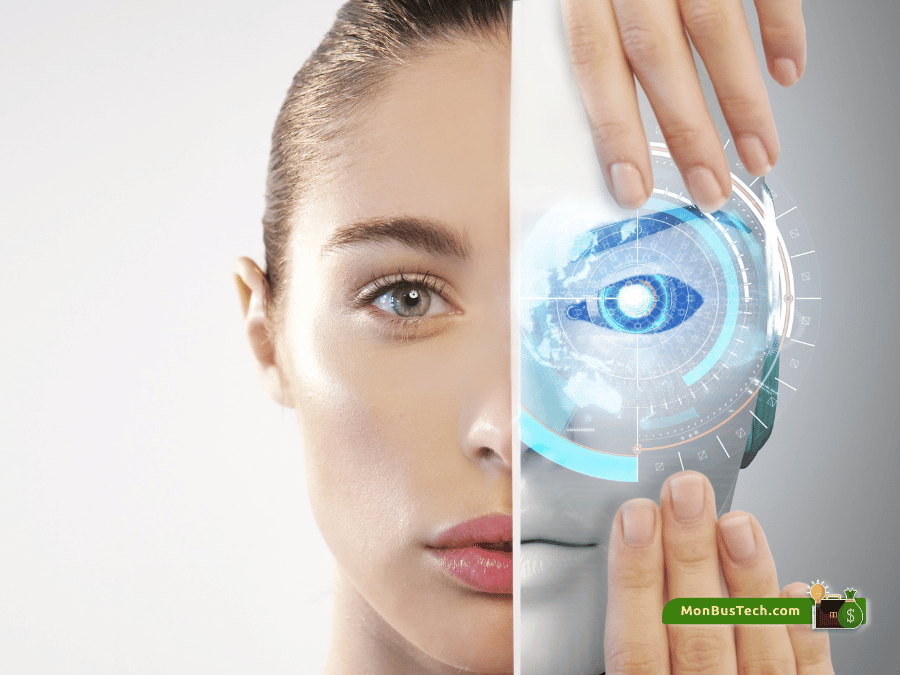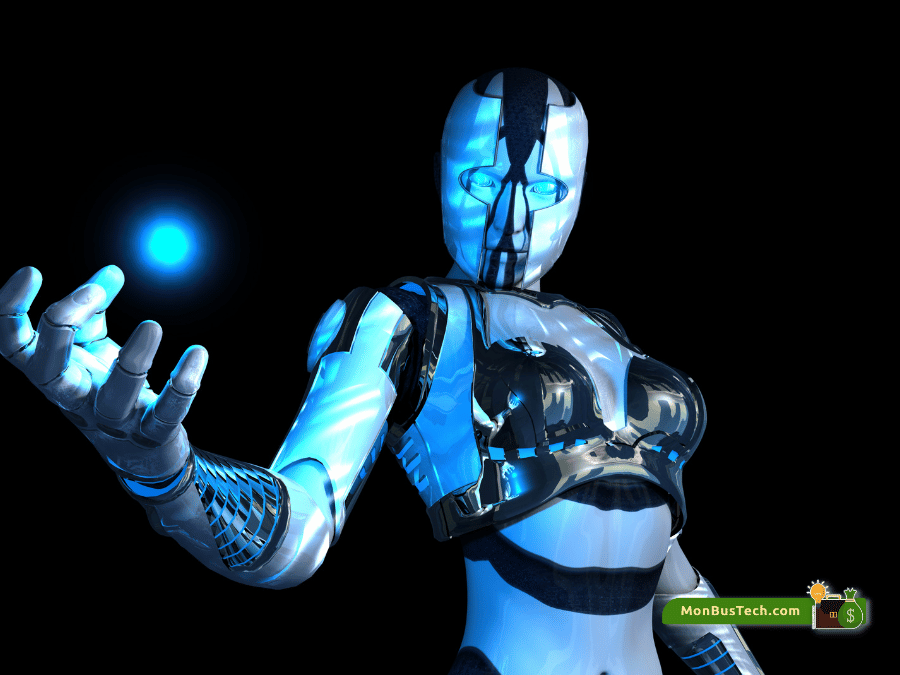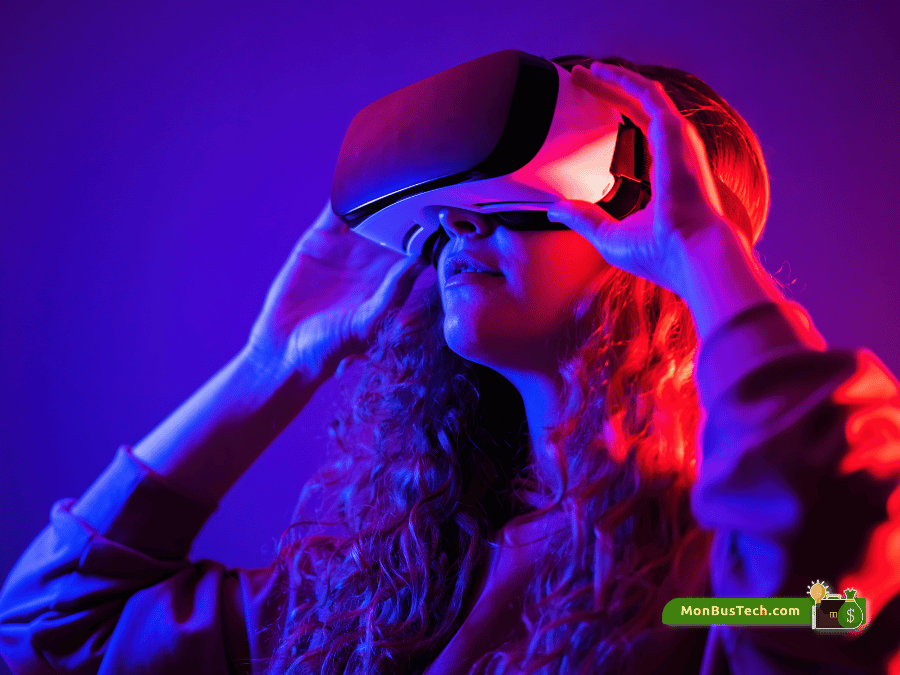Tech Innovations: 10 Breakthroughs That Will Define the Next Decade
As we stand on the brink of a technological renaissance, the next decade promises a wave of innovations poised to redefine our world. From artificial intelligence to biotechnology, these advancements will transform industries, economies, and daily life. Here, we explore ten groundbreaking technologies set to shape the future.
1. Artificial Intelligence and Machine Learning
Artificial Intelligence (AI) and Machine Learning (ML) are at the forefront of technological innovation. Over the next decade, AI will become increasingly integrated into various sectors, including healthcare, finance, and transportation. Advanced algorithms and predictive analytics will enable machines to perform tasks with human-like intelligence, making processes more efficient and error-free.
In healthcare, AI will revolutionize diagnostics and personalized medicine. AI algorithms can analyze vast amounts of medical data, identifying patterns and predicting outcomes more accurately than human practitioners. This will lead to early detection of diseases, customized treatment plans, and ultimately, improved patient outcomes.
In the financial sector, AI-driven algorithms will enhance decision-making processes, from investment strategies to risk management. Automated trading systems, powered by ML, will execute trades at speeds and accuracies unattainable by humans, optimizing returns and minimizing risks.
2. Quantum Computing
Quantum computing is poised to solve problems that are currently intractable for classical computers. Leveraging the principles of quantum mechanics, these machines perform complex calculations at unprecedented speeds. Companies like IBM and Google are already making significant strides in this field.
Quantum computers will revolutionize industries reliant on massive data processing. For example, in pharmaceuticals, quantum simulations can model molecular interactions at a granular level, accelerating drug discovery and development. In cryptography, quantum algorithms will enhance cybersecurity measures, making it virtually impossible for malicious entities to breach sensitive data.
3. 5G and Beyond
The rollout of 5G networks is just the beginning. With ultra-fast internet speeds and low latency, 5G will enable new applications in the Internet of Things (IoT), autonomous vehicles, and augmented reality (AR). The next decade will likely see the emergence of 6G, promising even faster speeds and more reliable connections.
In smart cities, 5G will support an interconnected infrastructure where traffic lights, public transportation, and emergency services communicate seamlessly to enhance urban living. Autonomous vehicles, reliant on real-time data exchange, will benefit from the low latency and high reliability of these networks, making driverless cars a common sight on our roads.
4. Biotechnology and Genomics

Advancements in biotechnology and genomics will have profound implications for healthcare and agriculture. CRISPR-Cas9, a groundbreaking gene-editing technology, will enable precise modifications of genetic material, paving the way for treatments of genetic disorders and personalized medicine.
In agriculture, genetic modifications will lead to crops with enhanced nutritional value, pest resistance, and climate resilience. This will address global food security challenges, ensuring sustainable food production for a growing population.
5. Renewable Energy and Storage
The next decade will witness significant advancements in renewable energy and energy storage technologies. Solar and wind energy will become more efficient and cost-effective, driving a transition away from fossil fuels. Innovations in battery technology will enable better storage of renewable energy, ensuring a stable and reliable power supply.
Energy storage solutions, such as advanced lithium-ion batteries and emerging technologies like solid-state batteries, will facilitate the widespread adoption of electric vehicles (EVs). These advancements will reduce our carbon footprint, mitigate climate change, and lead to cleaner air and water.
6. Augmented Reality (AR) and Virtual Reality (VR)
AR and VR technologies will transcend entertainment, finding applications in education, healthcare, and workplace training. Enhanced AR experiences will overlay digital information onto the physical world, providing real-time data and immersive learning opportunities.
In healthcare, AR can assist surgeons with real-time, 3D visualizations of patient anatomy, improving precision in complex procedures. In education, VR can create immersive learning environments, allowing students to explore historical events or scientific concepts in a hands-on, engaging manner.
7. Autonomous Vehicles
Autonomous vehicles (AVs) will revolutionize transportation, reducing accidents, and enhancing mobility. Leveraging AI and sensor technology, AVs will navigate complex environments with minimal human intervention. Companies like Tesla, Waymo, and Uber are already testing AVs on public roads, and widespread adoption is expected within the next decade.
The impact of AVs will extend beyond personal transportation. Autonomous delivery drones and robots will streamline logistics and supply chain operations, reducing delivery times and costs. In urban areas, AVs will alleviate traffic congestion and reduce the need for parking spaces, transforming city landscapes.
8. Advanced Robotics
 Robotics technology is advancing rapidly, with robots becoming more versatile and capable. In manufacturing, collaborative robots (cobots) will work alongside humans, enhancing productivity and safety. These robots will handle repetitive and dangerous tasks, allowing human workers to focus on complex, creative endeavors.
Robotics technology is advancing rapidly, with robots becoming more versatile and capable. In manufacturing, collaborative robots (cobots) will work alongside humans, enhancing productivity and safety. These robots will handle repetitive and dangerous tasks, allowing human workers to focus on complex, creative endeavors.
In healthcare, robots will assist with surgeries, patient care, and rehabilitation. Robotic exoskeletons will help individuals with mobility impairments regain independence, while robotic surgical assistants will enable minimally invasive procedures with greater precision.
9. Blockchain and Decentralized Finance (DeFi)
Blockchain technology and decentralized finance (DeFi) will transform financial systems, making transactions more secure, transparent, and efficient. Blockchain’s decentralized nature eliminates the need for intermediaries, reducing costs and enhancing security.
DeFi platforms will enable peer-to-peer lending, borrowing, and trading, democratizing access to financial services. Smart contracts, self-executing agreements encoded on the blockchain, will automate complex transactions, reducing the risk of fraud and ensuring compliance.
10. Space Exploration and Commercialization
The next decade will witness a renaissance in space exploration and commercialization. Private companies like SpaceX, Blue Origin, and NASA’s partnerships with commercial entities will drive advancements in space travel and technology. Colonization of Mars, lunar bases, and asteroid mining are becoming tangible goals.
Space tourism will emerge as a new industry, offering suborbital and orbital flights for civilians. Innovations in spacecraft and propulsion technology will reduce the cost of space travel, making it more accessible. These developments will not only expand our understanding of the cosmos but also drive technological advancements on Earth.
Conclusion
The next decade promises to be an era of unprecedented technological innovation. These ten breakthroughs—AI and machine learning, quantum computing, 5G and beyond, biotechnology and genomics, renewable energy and storage, AR and VR, autonomous vehicles, advanced robotics, blockchain and DeFi, and space exploration—will redefine industries, economies, and our daily lives. Embracing these technologies will be key to driving progress, fostering sustainability, and improving the quality of life for people around the globe. As we embark on this journey, staying informed and adaptable will be crucial to harnessing the full potential of these transformative advancements.










